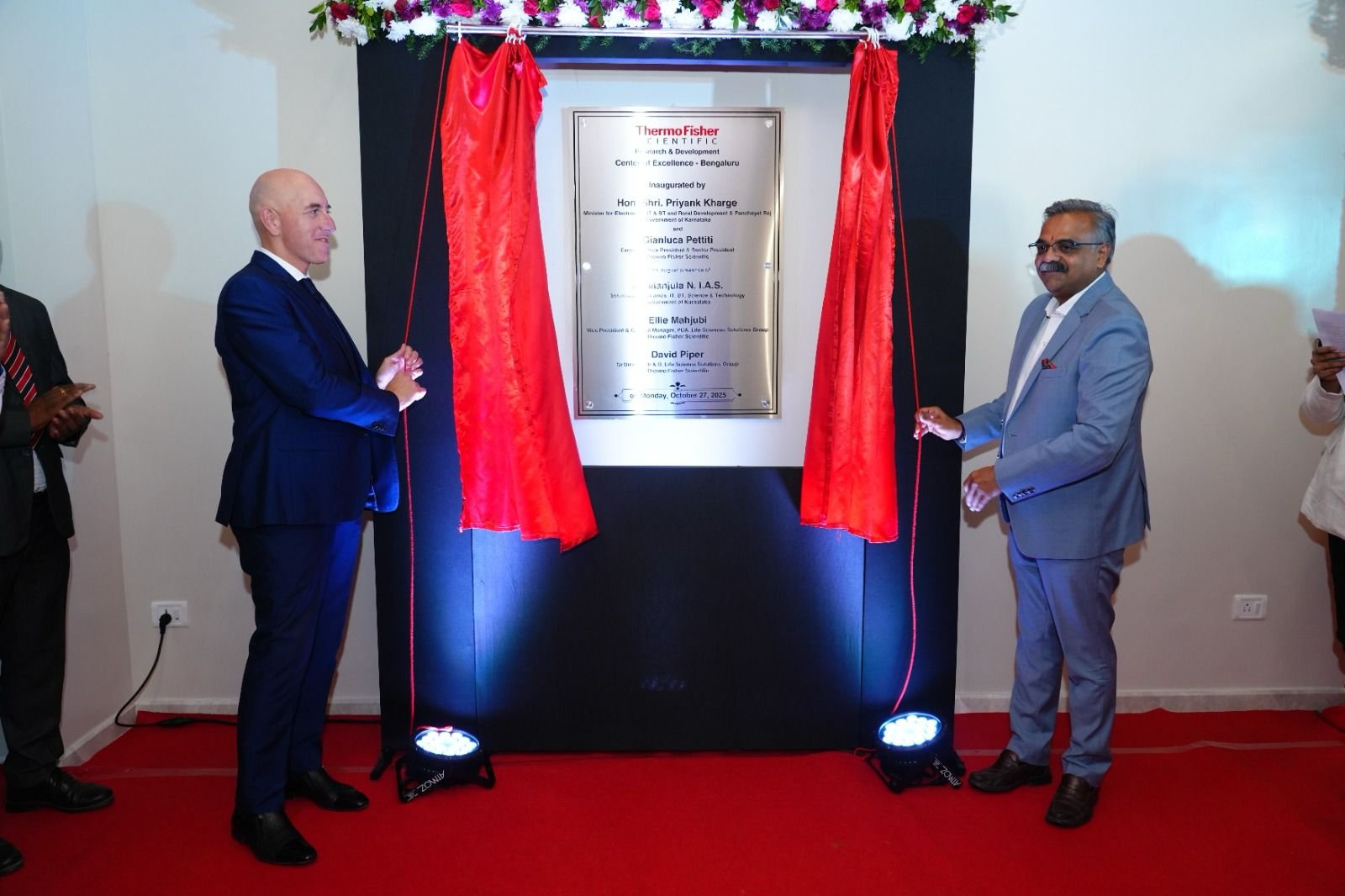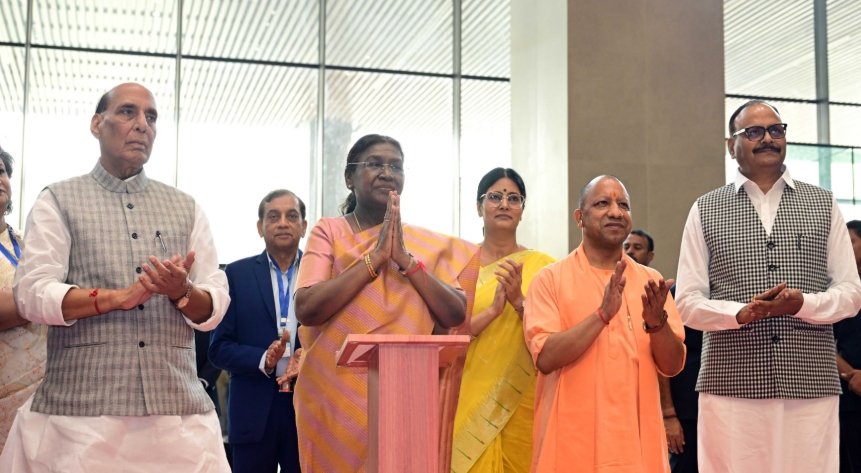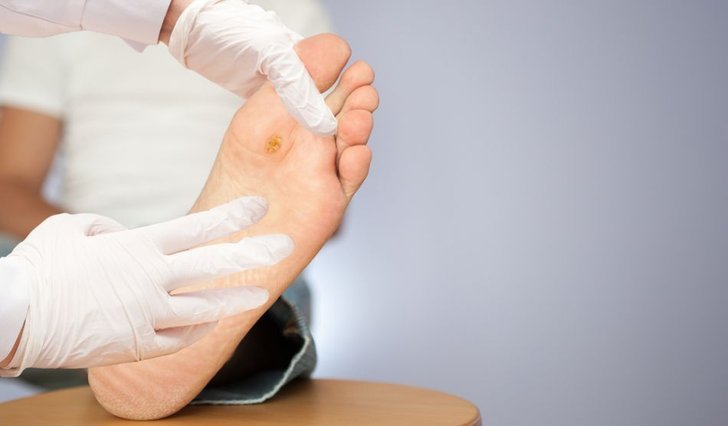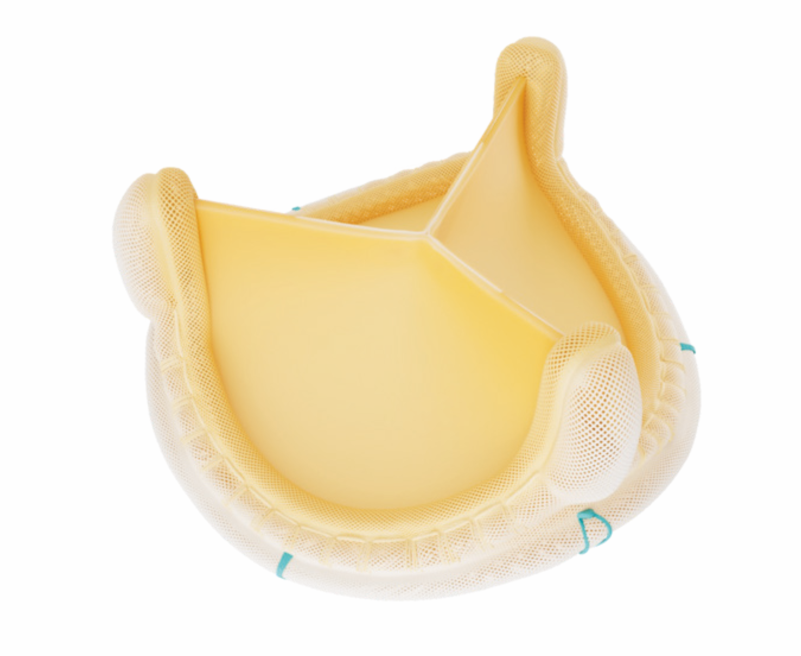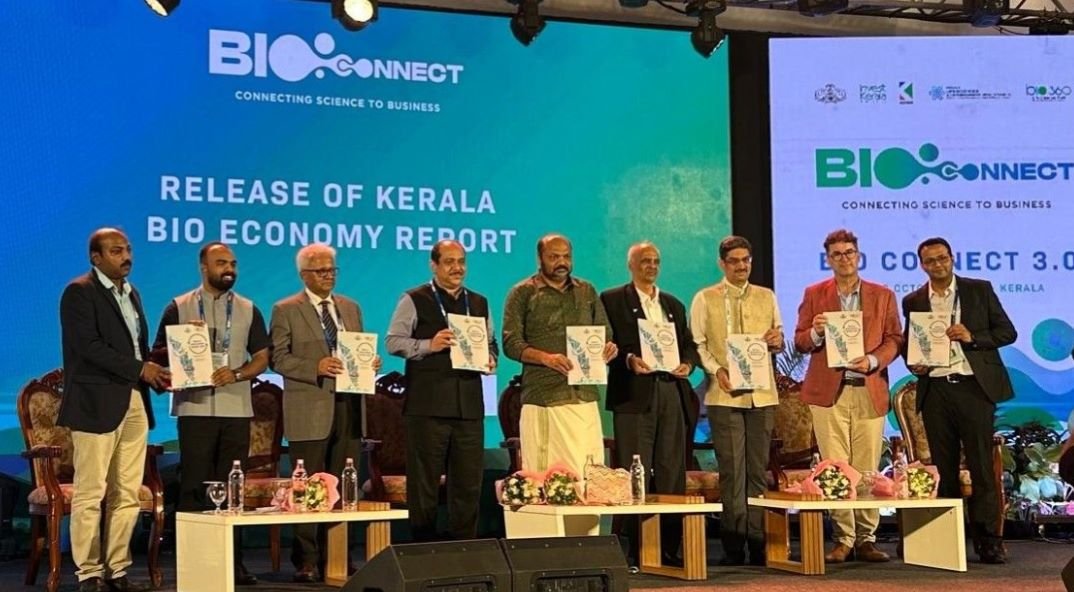Indian developers are adapting to Similar development approach
July 30, 2018 | Monday | Interviews
Biosimilars are at a nascent stage today with an estimated market size of $2.2 billion out of the total $32 billion Indian pharma market. However, with the rising acceptance of this biogeneric, it is fast gaining popularity among pharmaceutical companies.
The guidelines and procedures are moving towards providing biosimilars with the status that the industry has been waiting to attain. Adding to the catalysts is the recent USFDA approvals to various pharmaceutical organizations like Pfizer, Biocon, etc. With these progressions, the industry is fast striding forward. Biosimilars are drugs aimed at the treatment of serious and life-threatening diseases.
According to an Assocham report in 2017, the domestic biosimilars market is expected to reach $40 billion by 2030. With a CAGR of approximately 30%, biosimilars are slated to become popular very soon, as the more affordable version of biologics. Development of a biosimilar might take approximately 5-9 years to be fully developed with a cost that is only 1/26th the cost of developing a biologic. Hence, it has the potential of providing treatment options at a significantly lower cost.
Biosimilars face stringent clinical timelines and it becomes important for companies to fast-track the development process of a biosimilar for a release that is well before the market gets crowded. Open market sourcing is considered as an effective strategy to support the growth of the biosimilars market. Open market strategy proves beneficial to the biosimilar makers as the clinical trial data can be kept discreet. In addition to this, the biologics are made available at shorter lead times due to the availability of stock with the wholesaler or at a known manufacturing site.
Further, to support these clinical trials, a greater emphasis needs to be given in choosing the appropriate Comparator Sourcing Organization (CSO). The requirements range from the ability to source and transport products worldwide to validated storage/shipping systems. GNH India is an organization with industry experience of over 12 years in comparator sourcing with exports to close to 180 countries around the world. Their validated shipping and storage shipments account for more than 135,000 products in their portfolio that present a great opportunity domestically in front of the market.
BioSpectrum recently had an interaction with Dr. Piyush Gupta, Associate Director, GNH India to get his views on the Biosimilars market-
What are the current challenges being faced by the industry for developing biosimilars?
The biggest challenge that this sector faces is the mindset of the development community, the way they perceive it. Biosimilars are often mistaken for generics. One of the reasons for the same is the current R&D approach that has been developed from the past work of the generics. As compared to generics, biosimilars consist of a complex procedure and hence the development of biosimilars has a unique and separate approach. We need to understand that biosimilars is an altogether different development and adapt the manufacturing processes to produce a stronger product and not a copy. The Indian developers are slowly adapting to “Similar” development approach.
How can the path be eased out for new entrants in the biosimilars market?
Presently owing to the newness of the development process, it is very difficult for the new entrants to penetrate into the biosimilars market. It requires heavy investment and countless hours of trials in order for the drug to go from the developmental stage to widespread commercialization. The current scenario stands as major pharma players supporting the new entrants up to the point just before commercialization before out-licensing the product for profit.
Is open market sourcing a better strategy for biosimilars trials? If so, how & why?
Yes, open market sourcing allows for best-priced product to be used for trials, this helps to bring down the overall costing.
How can the quality parameters for international and domestic biosimilars market be brought at par?
This is the biggest advantage of introducing biosimilars into the pharmaceutical manufacturing sphere. The grade or quality of the drug cannot be different in grade, quality or potency in different parts of the world as each product is a separate entity and not a copy of the RFP as is the case in complex generics. For example: Trastuzumab Biosimilar is the same whether in the Indian, British or US pharmacopoeia. The drug, form the development stage is similar and at par globally and will meet all the international quality parameters.



